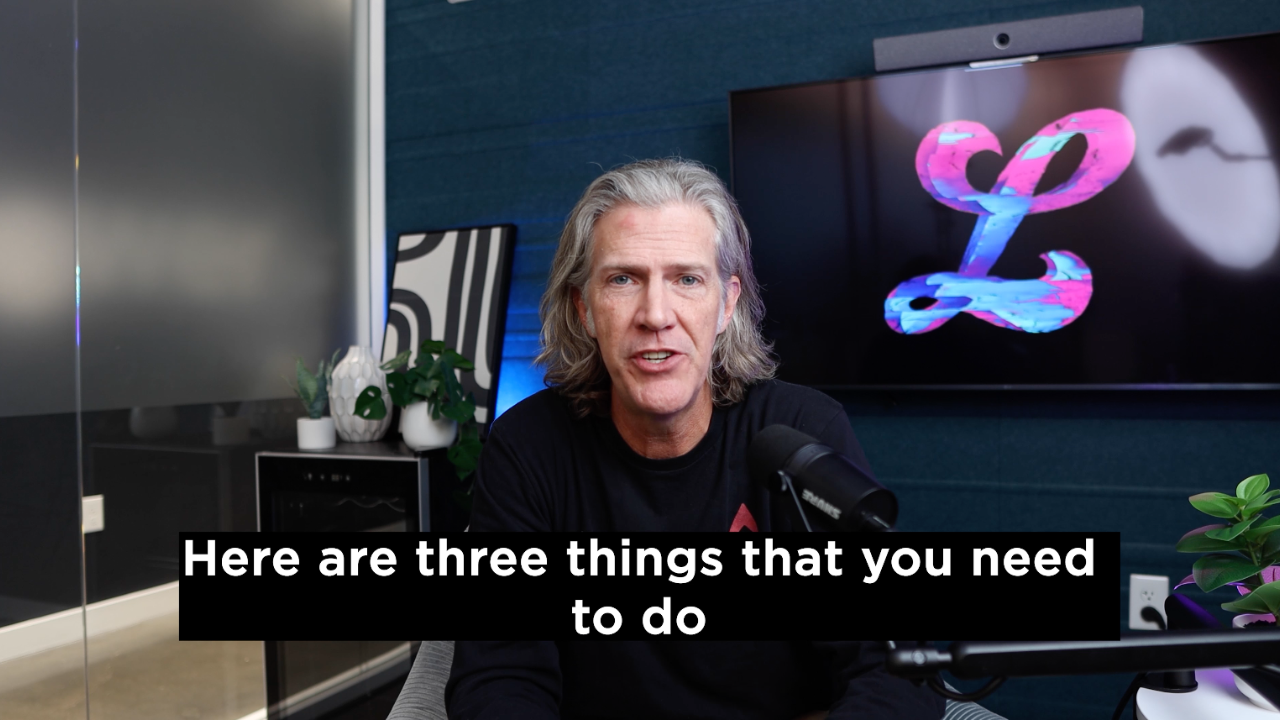Are you afraid of your low credit score keeping you from refinancing your home and saving you more each month? Honestly, it shouldn’t be an issue. If you’ve been holding off on refinancing your home because you thought you wouldn’t qualify with a low credit score, we’re here to tell you that you still have options.
First, it’s important to understand how ranges in credit ratings are categorized.
Then, you’ll need to see where you stand compared to most Americans.
So, let's tackle these two matters now. Once done, you’ll be better positioned to decide for yourself if your credit score is a factor in keeping you from refinancing. It may simply be a matter of perspective.
Understanding Credit Scores
There are two main credit scores that can be used when determining your credit. The most popular and commonly used is FICO 8, but an alternate credit scoring model that is often used is VantageScore.
Here are the tiers that define creditworthiness via FICO 8:
- Exceptional Credit - about 21% fit in this top-scoring range of 800-850
- Very Good Credit - about 25% fit in this scoring range of 740-799
- Good Credit - about 21% fit in this scoring range of 670-739
- Fair Credit - about 17% fit in this scoring range of 580-669
- Poor Credit - about 16% fall into the bottom-scoring range of 300-579
About 2/3 of Americans score within a good or better FICO 8 rating (670-850), but this means a full 1/3 of Americans have only fair or poor credit!
Now let's look at the rating system used by VantageScore:
- Excellent Credit - about 23% fit in this top-scoring range of 781-850
- Good Credit - about 38% fit in this scoring range of 661-780
- Fair Credit - about 13% fit in this scoring range of 601-660
- Poor Credit - about 21% fit in this scoring range of 500-600
- Very Poor Credit - about 5% fit in this scoring range of 300-499
According to VantageScore, about 61% of Americans have a fair or better VantageScore rating (601-850) but this also shows us that 1 in 4 Americans fall into the poor or very poor credit category.
Now that's some perspective we can all work with!
What Affects Credit Scores?
Now that we know the different rankings for our creditworthiness, let's also learn what makes scores rise and fall.
By understanding and managing the following five factors, you can be more in control of your credit score and rating:
- Payment History - this notes how consistently you make payments and how often you were late; this has a 35% influence on the overall score
- Total Debt - this totals up all revolving debt (think: credit cards) balances and compares it to the available credit limits; this has a 30% influence on the overall score
- Age of Debt - this is determined by your average age of open accounts; this has a 15% influence on the overall score
- Credit Inquiries - this checks on recent credit inquiries (like when applying for a new loan); this has a 10% influence on the overall score
- Mix of Credit Accounts - this reports on the number of installment (like a car loan) and revolving (like a credit card) accounts you have; this has a 10% influence on the overall score
Here, you can see that you can control several of these factors, the most important of which is maintaining a stellar payment history (which holds more than 1/3 sway over your total score).
You can also limit credit inquiries by limiting the number of credit accounts you apply for and keeping balances low (this means no more store credit cards for 15% off your first purchase 😃)
Okay, I Get It! But Can I Refinance with Bad Credit?
As you can see, there’s a ton of variance when it comes to credit scores and even if you feel like yours is below “average,” there are still options for you when it comes to refinancing your mortgage loan.
So now that you’ve learned more about where you stand with your credit score and what contributes to it, here comes the good news: You CAN refinance your mortgage even when your credit is less than exceptional or excellent (like the majority of Americans because nobody is perfect, not even Beyonce).
In fact, you can have a FICO credit score as low as 620, which is considered fair credit by either FICO or VantageScore, and still qualify to refinance a Fannie Mae mortgage that is sure to cut your interest rate and monthly payments.
This is possible thanks to Fannie Mae's new refinance option that just rolled out on June 5, 2021. According to the Fannie Mae website, this new program, called RefiNow, is structured to make it easier for eligible homeowners to refinance at lower interest rates which will naturally result in lowered monthly payments.
To qualify for the RefiNow program, homeowners must have:
- A current Fannie Mae-backed mortgage on a single-unit, primary residence
- Current income at or below 80% of Area Median Income
- Made the last six mortgage payments and did not miss any mortgage payments in the last 12 months
- Must meet these ratios:
- Mortgage Loan-to-Value Ratio of 97% or less
- Debt-to-Income Ratio of 65% or less
- Minimum 620 FICO score
If you refer to the FICO credit score table, a 620 FICO score is right in the middle of the fair credit category. So you can see, you don't even need to rate as a good credit risk to qualify for a mortgage refinance. In fact, you can refinance with RefiNow with a credit score as low as 620.
For those feeling backed up against a financial wall, this could be great news for you when it comes to positioning yourself for an improved credit rating over time since making timely loan payments has a big impact (a full 35%) on your credit score. By reducing monthly mortgage payments, the extra savings can be used to pay down debt, start building savings, or whatever you like!
The bottom line?
Refinancing your existing Fannie Mae-backed mortgage is a great choice for those who may have wanted to refinance but previously couldn't due to low credit scores, missed payments, or high debt.
At Lower.com, we’ll walk you through the entire process of refinancing your Fannie Mae mortgage with as few hassles and hurdles as possible and get you saving money even faster!

















.svg)
.svg)

.svg)







.jpeg)







